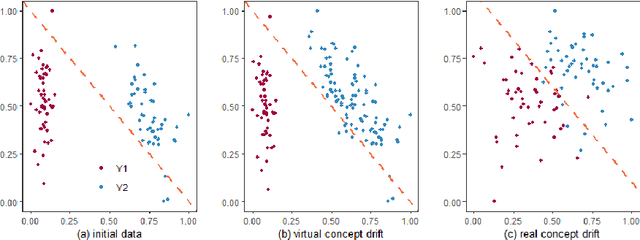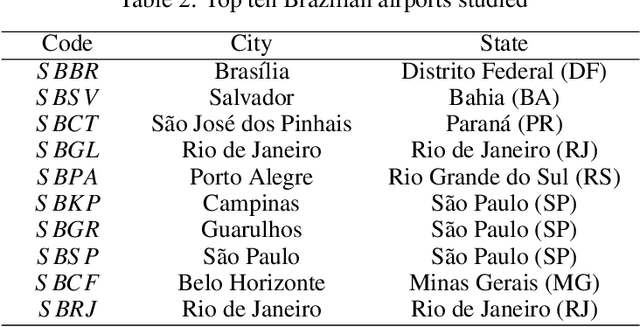Rafaelli Coutinho
SoftED: Metrics for Soft Evaluation of Time Series Event Detection
Apr 02, 2023



Abstract:Time series event detection methods are evaluated mainly by standard classification metrics that focus solely on detection accuracy. However, inaccuracy in detecting an event can often result from its preceding or delayed effects reflected in neighboring detections. These detections are valuable to trigger necessary actions or help mitigate unwelcome consequences. In this context, current metrics are insufficient and inadequate for the context of event detection. There is a demand for metrics that incorporate both the concept of time and temporal tolerance for neighboring detections. This paper introduces SoftED metrics, a new set of metrics designed for soft evaluating event detection methods. They enable the evaluation of both detection accuracy and the degree to which their detections represent events. They improved event detection evaluation by associating events and their representative detections, incorporating temporal tolerance in over 36\% of experiments compared to the usual classification metrics. SoftED metrics were validated by domain specialists that indicated their contribution to detection evaluation and method selection.
Analyzing Flight Delay Prediction Under Concept Drift
Apr 05, 2021



Abstract:Flight delays impose challenges that impact any flight transportation system. Predicting when they are going to occur is an important way to mitigate this issue. However, the behavior of the flight delay system varies through time. This phenomenon is known in predictive analytics as concept drift. This paper investigates the prediction performance of different drift handling strategies in aviation under different scales (models trained from flights related to a single airport or the entire flight system). Specifically, two research questions were proposed and answered: (i) How do drift handling strategies influence the prediction performance of delays? (ii) Do different scales change the results of drift handling strategies? In our analysis, drift handling strategies are relevant, and their impacts vary according to scale and machine learning models used.
 Add to Chrome
Add to Chrome Add to Firefox
Add to Firefox Add to Edge
Add to Edge